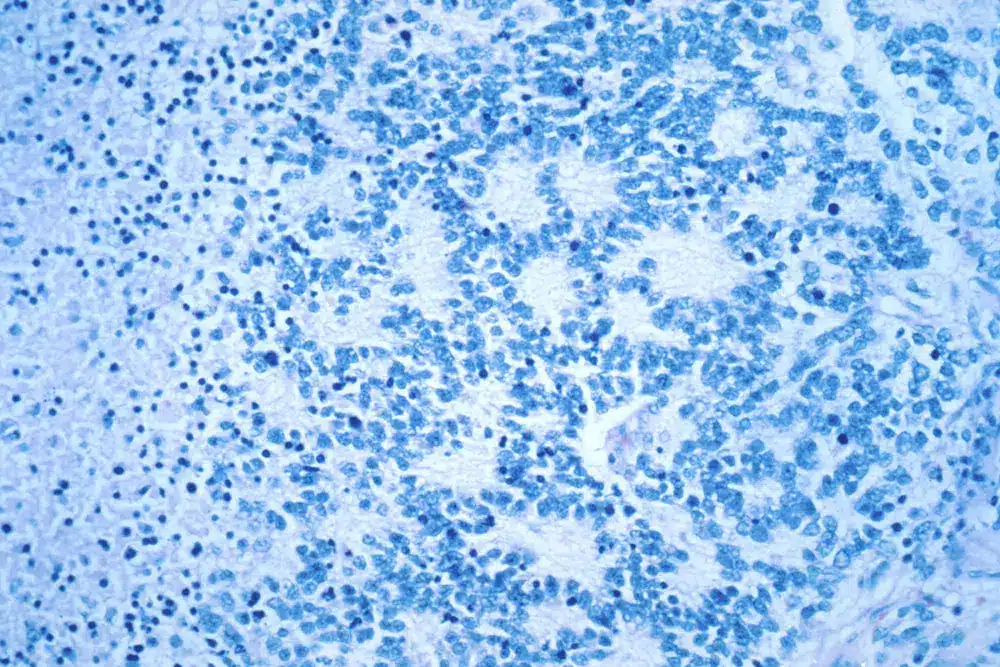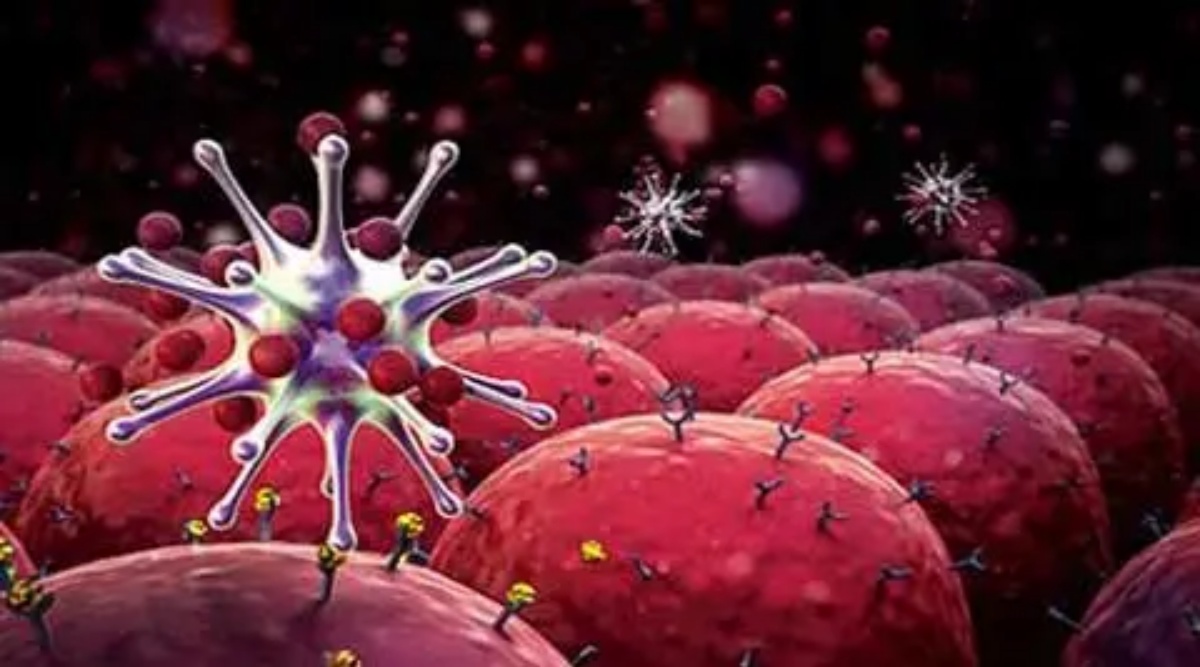Health
Novel Treatment Shows Promise Against Rare Cancer In Kids

Researchers revealed Wednesday that a novel treatment based on supercharged immune cells appeared to act against tumors in youngsters with a rare type of cancer.
Six weeks following therapy, nine of the 27 youngsters in the Italian research showed no signs of cancer, while two later relapsed and died.
The immune system is already being helped by CAR-T cell therapy to fight leukemia and other blood cancers. Experts say this is the first time researchers have gotten such promising results with solid tumors. This gives people hope that this method can treat other types of cancer.
It’s too early to call it a cure for neuroblastoma, a type of nerve tissue cancer that typically begins in childhood in the adrenal glands near the kidneys in the belly.
Standard treatment might be severe depending on the cancer stage and other considerations, requiring chemotherapy, surgery, and radiation. The youngsters in the research had cancer that had returned or was difficult to treat.
When the three-year research concluded, eleven children remained alive, including several who only partially reacted to treatment and required repeat injections of the modified cells.
Standard treatment might be severe depending on the cancer stage and other considerations.
“Those kids were all destined to die without that therapy,” said Dr. Carl June of the University of Pennsylvania, a pioneer of CAR-T therapy who was not involved in the new study.
“No one has ever had patients respond like this before, so we just don’t know what it’ll look like in a decade,” June said. “With these promising results, there will undoubtedly be more trials.”
CAR-T cell therapy uses the immune system to develop “living drugs” capable of locating and destroying tumors. T cells from the patient’s blood are collected and reinforced in the lab before being reintroduced to the patient through IV, where they multiply further.
The US Food and Drug Administration has approved six CAR-T cell treatments for blood malignancies. Some of the early rise cases were cured.
However, success with solid tumors has been difficult to come by. Researchers from the Vatican’s Bambino Gesu pediatric hospital in Rome conducted the most recent study.
Dr. Robbie Majzner of Stanford University School of Medicine, who was not involved in the current study, said, “They seem to have found a unique combination” to allow the transformed cells to multiply initially, then last a long time to continue their cancer-killing function.
Dr. Franco Locatelli, a study co-author, included a safety switch to kill the cells if a patient had a severe reaction. When one patient had issues, they flicked the safety switch, demonstrating that it functioned. However, they later discovered that the patient’s issue was caused by a brain hemorrhage unrelated to the CAR-T cells.
CAR-T therapy often causes a side effect called “cytokine release syndrome,” which is an overreaction of the immune system in young people. According to the researchers, it can be serious but is modest in most cases.
They concluded CAR-T therapy was “feasible and safe in treating high-risk neuroblastoma.”
SOURCE – (AP)
































